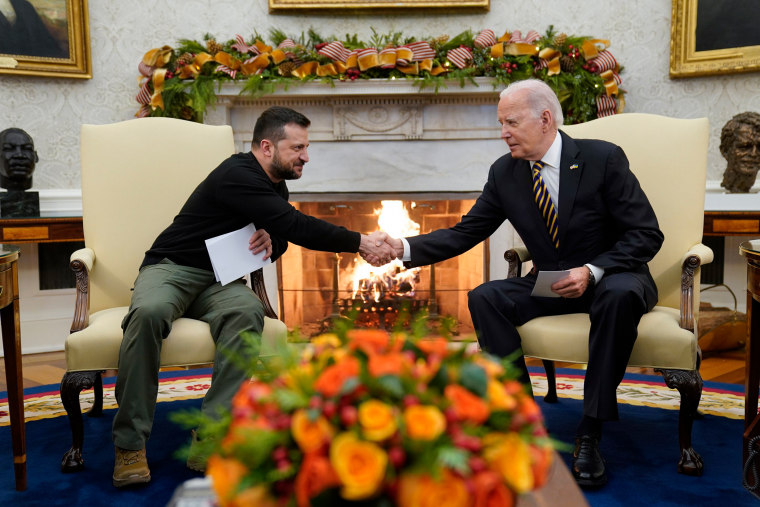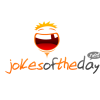He blamed Washington for throwing billions of taxpayer dollars “into the wind” by providing military and financial aid to Kyiv — something that, he said, has failed to achieve much on the battlefield.
“You have to understand your responsibility for this,” Peskov said, speaking in English. “You are making this conflict longer.”
Russia, which invaded its smaller neighbor on Feb. 24 last year and proceeded to illegally annex regions in the east of the country, initially suffered surprising losses on the battlefield as Ukrainians rallied to defend their homeland, and the West unified to repel Putin’s forces.
But more recently, the war has sunk into a quagmire, and Kyiv has had to scramble to secure vital support amid growing disagreements among American and European lawmakers over just how much longer Ukraine’s allies can sustain aid deliveries.
President Volodymyr Zelenskyy’s last-minute visit to Washington earlier this week failed to secure a new $61 billion package.
“You are telling them — go and die,” Peskov said of the U.S. “Don’t worry, we will give you enough money and enough armaments, but you should go and die. And you know pretty well that they cannot win.”
Peskov cautioned that the world is “less safe than it used to be” before the dialogue between Washington and Moscow stopped after the invasion, which the Kremlin calls its “special military operation” in Ukraine. Russia has criminalized anything perceived by authorities as criticism of the armed forces, including calling the invasion a “war.” Hundreds have been arrested or jailed for doing so.
While the offensive remains a special military operation in Russia’s words, Peskov said that what the West is waging against Russia is indisputably a war, citing what he called “direct” involvement of foreign countries in the conflict and Western economic sanctions against Russia.
“If it’s not a war, then how would you like to call it?” Peskov said. “We call it war.”

In a boost of support for Kyiv on Thursday, the European Union agreed to start accession talks with Ukraine, but the bloc could not agree on a $55 billion package of financial assistance because of opposition from Hungary, whose leader maintains close ties with Russia.
Even if the backing from the West continues, Peskov said, Ukraine can never match Russian military and economic potential, making resistance futile and Washington’s signals to its leadership conflicting.
The U.S. has been Ukraine’s biggest military backer, providing billions of dollars worth of aid since Russia invaded last year. Biden initially promised to stand by Ukraine for as long as it takes. But in an apparent reframing of that pledge, he told Zelenskyy in Washington this week that the U.S. will continue to supply Ukraine with critical weapons and equipment for “as long as we can.”
Peskov’s comments come less than a day after Putin used an hourslong press conference to paint a rosy picture of his campaign in Ukraine, saying his troops were improving their positions all along the front line, and he was staying his course. “The victory will be ours,” he assured the audience.
His rousing assessment played into his presidential campaign after he announced last week that he would run for a fifth term after more than two decades in power.
Meanwhile, his main opposition critic, Alexei Navalny, has gone missing in Russia’s prison system, with his lawyers unable to track him for the past 10 days.
Navalny is currently serving a combined sentence amounting to more than 30 years on fraud and extremism charges, which he denies as fabricated to keep him behind bars and out of politics.
Peskov reiterated that the Kremlin does not have the ability or desire to monitor the whereabouts of inmates and said that Navalny, whose corruption investigations garnered millions of views online and riled up the Kremlin, is not widely known or respected in Russia.
Keir Simmons and Natasha Lebedeva reported from Moscow; Yuliya Talmazan and Laura Saravia reported from London.






